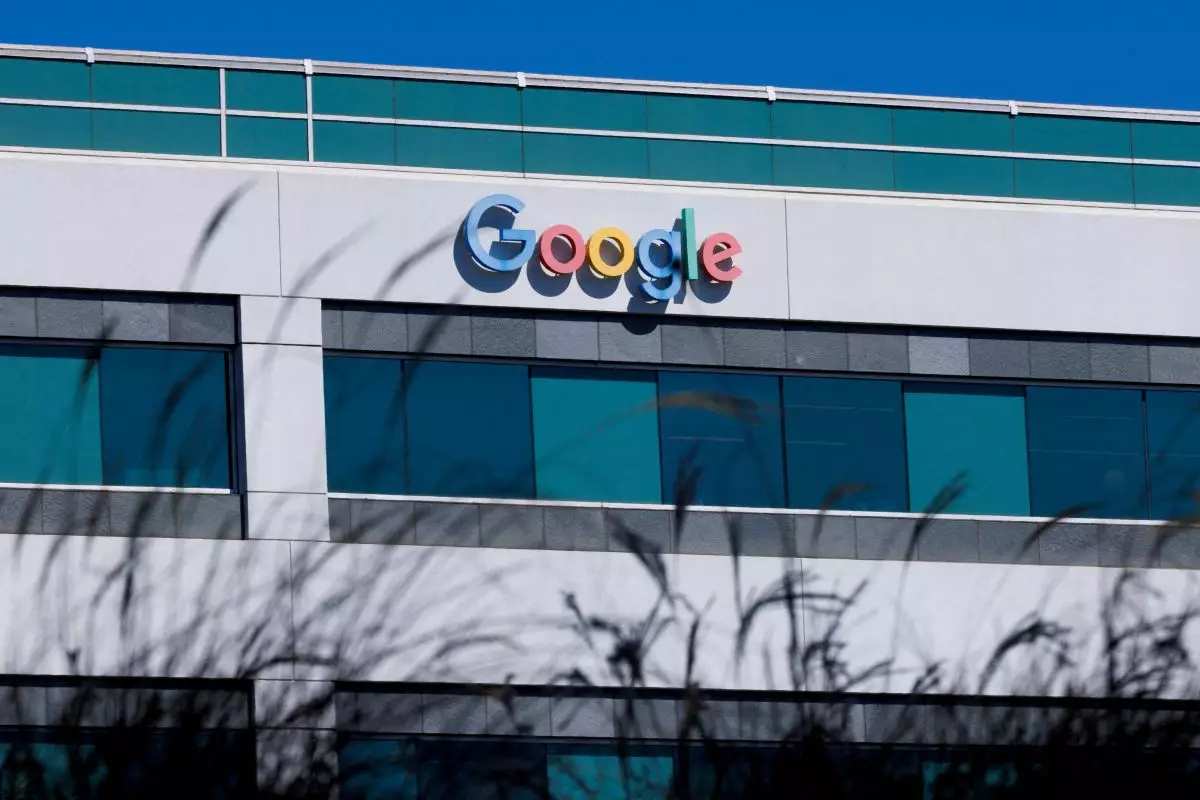The ongoing legal skirmish between Google and Epic Games has become a focal point in discussions surrounding digital marketplace monopolies. In a striking move, a federal judge in California recently issued a temporary pause on an injunction that would have compelled Google to revamp its Android app store, Google Play, by the beginning of November. This ultimatum arose from an antitrust lawsuit initiated by Epic Games, famed for its wildly popular game “Fortnite.” The case centers around claims that Google has engaged in monopolistic practices, controlling how software is downloaded and how transactions are made within the ecosystem of Android devices.
U.S. District Judge James Donato’s ruling reflects the complexities involved in antitrust law, especially regarding tech giants. Google had argued that the injunction imposed significant risks to the safety, security, and privacy of the Android ecosystem. As the case unfolds, the temporary pause allows the 9th U.S. Circuit Court of Appeals to ponder Google’s plea to halt the judge’s order further while similar appeals are examined. Importantly, the judge declined Google’s request to suspend the order in its entirety throughout this process, indicating the court’s cautious approach to balancing economic competition withpotential risks involved in unregulated app distribution.
From a broader perspective, this ruling signals a possible shift in how digital marketplaces can operate. If successful, the legal requirements would mandate that Google permit competing app platforms to coexist within the Android ecosystem. Such changes could dismantle the tight grip Google has over app distribution, which Epic claims has fostered an environment where exorbitant fees are the norm. Hence, the ramifications of this case extend far beyond the confines of a single lawsuit, potentially setting new precedents for how tech companies operate in competitive landscapes.
The contrasting statements from both Google and Epic highlight the conflicting narratives surrounding the case. Google lauded the temporary decision as a protective measure against what they deemed “dangerous remedies.” In stark contrast, Epic criticized Google, asserting that the tech giant resorts to “fearmongering” regarding security threats to maintain its monopolistic control. This situation reflects a broader societal concern about the intersection of technology and monopolistic practices, prompting questions about consumer choice and market fairness.
As the appeals process unfolds, both parties will continue to mount their respective cases regarding Google’s dominance in the digital space. With a jury already finding Google guilty of illegal monopolistic behavior, the stakes are remarkably high. The eventual outcome could redefine the operational frameworks for not only Google’s app ecosystem but similar platforms across the tech industry. As new rulings emerge, technology companies will undoubtedly assess the implications for their own practices and adjust accordingly, signaling an era where regulatory scrutiny over digital monopolies may become increasingly prevalent.


Leave a Reply